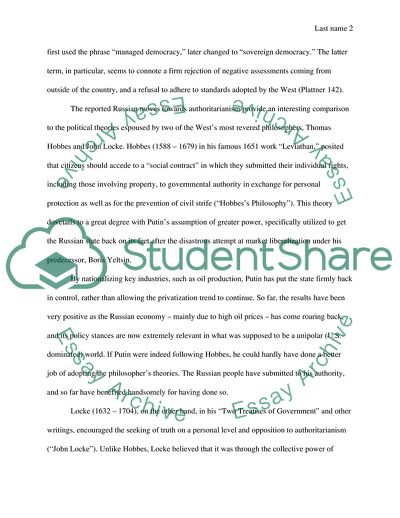Cite this document
(Private Property and Democracy in Russia Essay Example | Topics and Well Written Essays - 1250 words, n.d.)
Private Property and Democracy in Russia Essay Example | Topics and Well Written Essays - 1250 words. https://studentshare.org/politics/1713892-private-property-and-democracy
Private Property and Democracy in Russia Essay Example | Topics and Well Written Essays - 1250 words. https://studentshare.org/politics/1713892-private-property-and-democracy
(Private Property and Democracy in Russia Essay Example | Topics and Well Written Essays - 1250 Words)
Private Property and Democracy in Russia Essay Example | Topics and Well Written Essays - 1250 Words. https://studentshare.org/politics/1713892-private-property-and-democracy.
Private Property and Democracy in Russia Essay Example | Topics and Well Written Essays - 1250 Words. https://studentshare.org/politics/1713892-private-property-and-democracy.
“Private Property and Democracy in Russia Essay Example | Topics and Well Written Essays - 1250 Words”. https://studentshare.org/politics/1713892-private-property-and-democracy.


